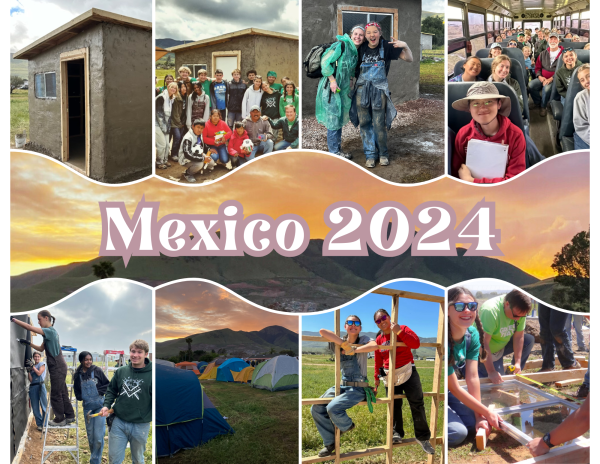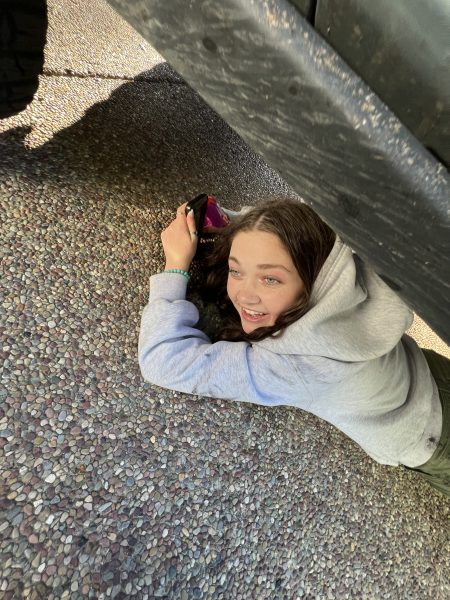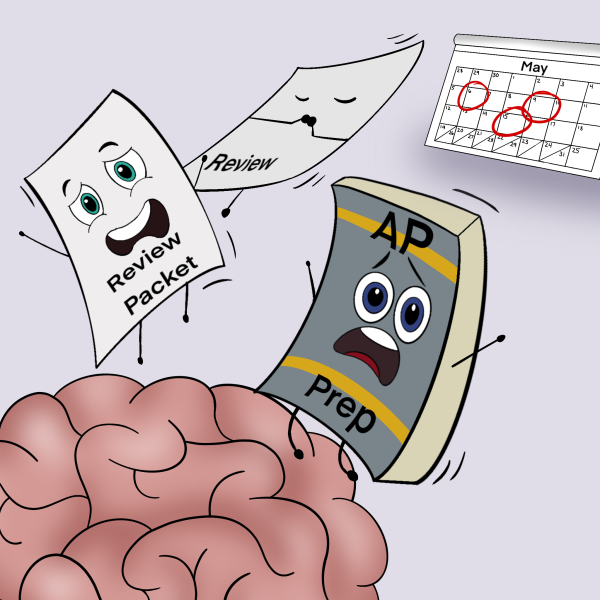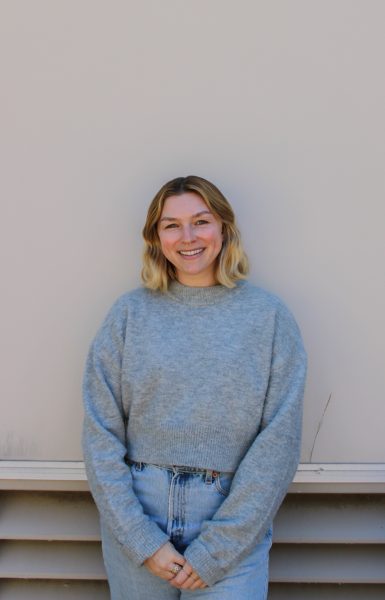Podcast Analyzes Trump Presidency
March 22, 2017
The first installment of The New Yorker‘s “A Well Ordered Nation,” a four-part podcast series spearheaded to make sense of Donald Trump’s presidency took place on February 20, at 7:30pm (EST) at the Public Theatre’s Newman Theatre, Manhattan.
Hosted by New Yorker editor-in-chief David Remnick and the Public Theatre, the series is a marriage of two liberal powerhouses. The Public Theatre, as it self-reports, is a theatre currently “leading and framing dialogue on some of the most important issues of our day”; The New Yorker is one of America’s foremost journalistic as well as literary publications.
The “A Well Ordered Nation” series is one in a string of similar such discussions, all part of the Public Theatre’s the Public Forum, an effort run by Newsweek writer Jeremy McCarter. According to the Public Theatre, Public Forum, since its start in 2010, has hosted “exciting series of lectures, debates and conversations that showcase leading voices in the arts, politics and the media.” The series will feature 3 other podcasts. While the details for the subsequent podcasts have not been disclosed, the range of titles suggests that, as The New Yorker promises, listeners will gain from the series the ability to “explore the Trump Presidency through 4 distinct lenses.”
“Truth to Power” is scheduled to follow the first podcast on Monday, March 20, at the same time; “100 Days” will air April 24, followed shortly thereafter by “The Way Forward” on Monday, May 15.
The podcast, which The New Yorker published on its Facebook in experimentation with the site’s new “live stream” feature, runs 1 hour and 15 minutes long and features Remnick’s interviewing of 3 leading intellectuals, playwright and screenwriter Tony Kushner, best known for his 1993 Pulitzer Prize-winning play “Angels in America: A Gay Fantasia on National Themes,” Yale creative writing professor and National Book Award finalist Claudia Rankine, and Booker Prize winner and novelist Salman Rushdie.
Remnick opened the discussion with wit. “These are my fellow co-conspirator and enemies of the people,” he said, in reference to Donald Trump’s much-rebuked recent tweet which called journalists the American public’s enemy.
In accordance with the podcast’s purported purpose of dissecting the Trump Administration and the climate which enabled its political rise, Remnick, Kushner, Rankine and Rushdie were quick and incising with their criticism.
“We are looking at something that none of us has ever seen before. We don’t know what he is, we don’t know what’s planned, we don’t know who–if anyone–is running the finely tuned machine that he’s captain of,” commented Rushdie.
“There is an emergency going in every direction,” Kushner agreed.
Many issues were discussed throughout the course of the podcast, those of creating art under an administration such as Trump’s and the causes behind his election large among them.
When Remnick asked the panelists whether they buy into the idea that Trump was elected as a hero for the socioeconomically disenfranchised, both Rankine and Rushdie were fast to disavow such a theory. “I don’t think Trump was elected by disenfranchised people who feel left behind,” said Rankine, who cited racism as a driving force behind Trump’s success. “Trump freed people from political correctness,” she said. “People frequently vote against their own best interests,” said Rushdie, seeming to reference the fact that much of Trump’s, and Republican policies generally, do not work to improve the livelihood of the lower socioeconomic class.
“Her [Hillary Clinton’s] speeches were substantive but no one wanted to watch them,” hypothesized Kushner, “Every day he did something that defied civilization. There is a kind of hypnotic effect. That 77 minute press conference, you couldn’t turn it off. You wanted to–you wanted to die–but it was mesmeric.”
Rankine also posited that the same charisma which launched Trump to the presidency is no less dangerous today than it was before November. “”I do think he is very skillful at misdirection. We are being diverted from the real issues by Trump himself,” she said. “We’re mesmerized by the clown on the stage, and while we’re watching, people are being deported. I’m not sure if I’m getting the news.”
Much of the podcast discussed the place of art in protest. A guiding question appeared to be this: does it have a place in protest at all?
“You can’t be prescriptive about what you produce. That moves it into another realm,” said Rankine, who stated that when writing is created with a political motive it is not created in the natural way of the form, but instead verges on propaganda, despite the morality of the cause it supports. Rushdie agreed. “You make a distinction between yourself as a creative writer and as a citizen,” he said. “You do both those things. You write the love poems and you get into arguments.”
In speaking of his current work, Kusher explained, “That these projects will take place during this nightmare will change the shape of them.” He also pointed to the salvaged positive in such conditions for artists. “Any writer knows that the worse it is the better it is,” he said, “When you’re living in bad times you’ve got a subject.”
While all the panelists agreed with him when Rushdie indicated his belief that “There is something of a failure of civics in this country,” most, at least in speaking of their work, were positive in their outlook for America’s future. “We have to subscribe to joy and beauty and value in the things that we care about,” Rushdie explained, “and we have to make those things.”
“If we have to find a way to respond to wretchedness,” said Kushner optimistically, “I believe that we will find that way.”





